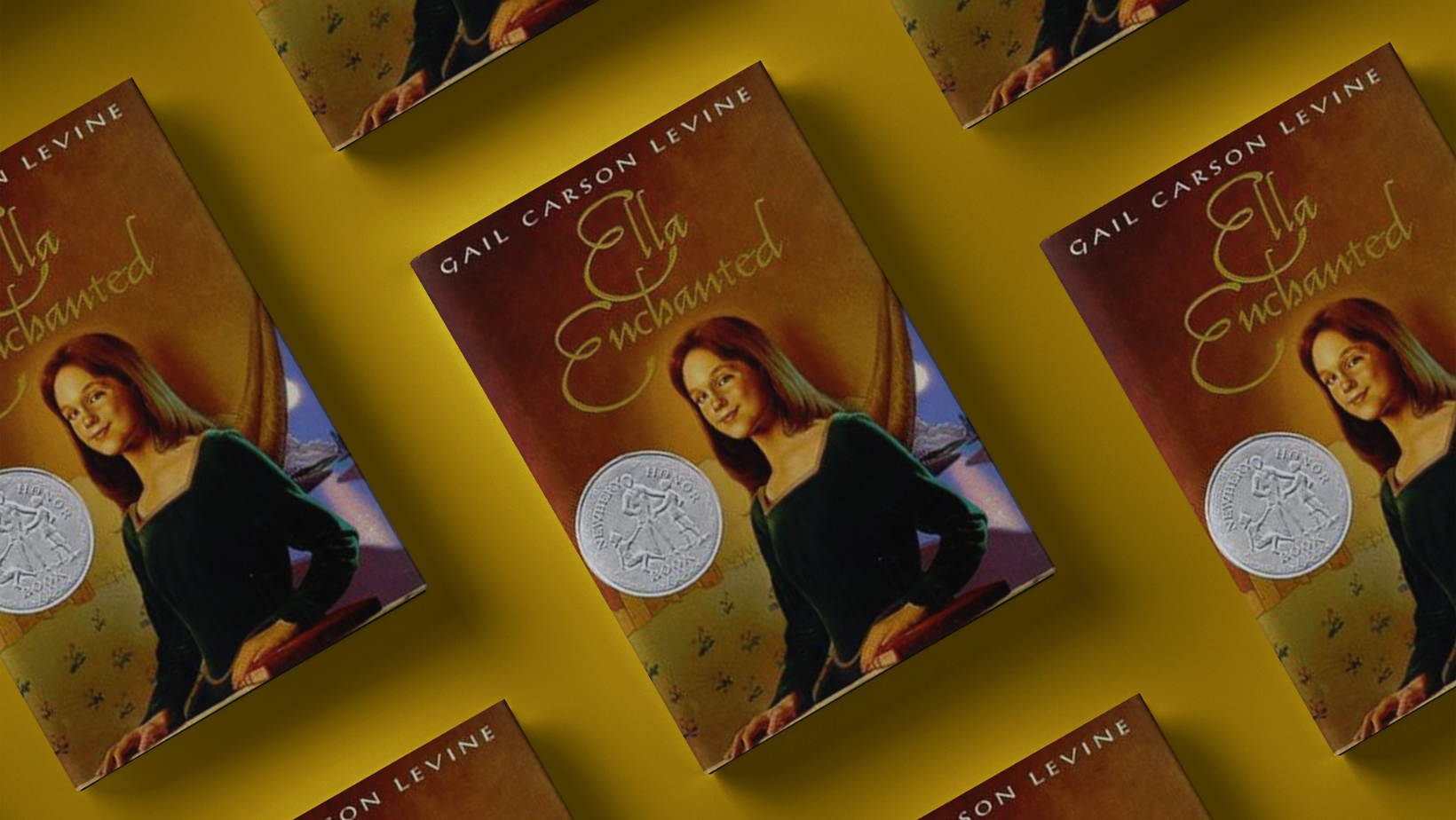In Tangerine by Edward Bloor, Paul Fisher’s world is complex and often unfair, but through his keen observational skills and resilience, he manages to carve a space for himself within it. Though legally blind, Paul “sees” more clearly than those around him—his vision penetrating the facades of people and situations that others are too willing to accept at face value. This keen perception is most evident in his relationship with his older brother Erik, a star football player whose violent tendencies go unnoticed by their parents. Paul’s ability to see the truth beneath the surface and his willingness to confront the darker sides of life and people make him a compelling and relatable protagonist. As he navigates his new life in Tangerine, Florida, Paul faces not only physical obstacles but also moral dilemmas that force him to grow in unexpected ways.
The story is framed through Paul’s journal entries, giving readers an intimate glimpse into his thoughts and emotions as he chronicles his family’s move from Houston to Tangerine. This narrative style draws readers into Paul’s world, allowing us to experience his struggles firsthand—his alienation at home, where his parents seem more focused on Erik’s success than on understanding Paul, and his initial challenges at Tangerine Middle School, where he feels out of place. Paul’s move to Tangerine becomes symbolic of his journey toward self-discovery. As he adjusts to his new environment, he begins to realize that fitting in is less about conforming to others’ expectations and more about standing firm in his values.
One of the key factors in Paul’s transformation is his involvement in soccer. On the soccer field, Paul finds comfort and a sense of belonging that starkly contrasts with his strained family relationships. Soccer becomes more than just a game for Paul; it is a symbol of control and freedom in a world where he often feels powerless. His success on the field boosts his confidence, and the friendships he forges with his teammates provide the support system he lacks at home. In particular, his bond with the students at Tangerine Middle School, whom others view as troublemakers, underscores one of the novel’s central themes: the strength found in community and the importance of looking beyond surface judgments.
As Paul becomes more integrated into life at Tangerine Middle, he uncovers dark secrets about his family and the community. These revelations force him to confront not only his brother’s cruel behavior but also the corrupt nature of the football program and the broader social dynamics in Tangerine. Paul’s ability to “see” what others refuse to acknowledge becomes a blessing and a burden as he must decide how to act on the truths he uncovers. The novel explores themes of accountability and moral courage as Paul ultimately takes a stand against the injustices he witnesses, knowing that doing so will have serious consequences.
Tangerine can be viewed as a hero’s journey wrapped in a coming-of-age sports tale. Paul’s journey is one of personal growth, transformation, and empowerment. As he faces the challenges thrown at him—whether they originate from the soccer field, his family, or the community—Paul emerges stronger, with a deeper understanding of his identity and values. The novel’s exploration of themes like justice, courage, and integrity, coupled with its vivid portrayal of Paul’s internal struggles, makes Tangerine a compelling narrative about the true perception of the world and the courage to stand up for what is right, even when others choose to ignore it.
Genre, Subjects, and Themes: Realistic Fiction; Mystery; Sports; Soccer; Family; Friendship; Florida; Disability
Quote: “But I can see. I can see everything. I can see things that mom and dad can’t. Or won’t.”



